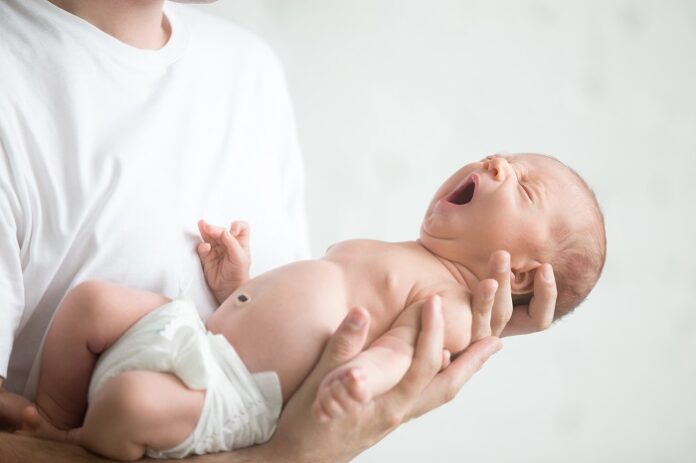In a recent study published in Nature, Australian researchers found that newborns treated with antibiotics within their first few weeks of life exhibited a weakened immune response to vaccines. The root cause was traced to lower levels of Bifidobacterium, a beneficial gut bacterium commonly found in healthy infants.
Study Design: Tracking Infants from Birth to 15 Months
As reported by medicalxpress, the research team followed 191 healthy, vaginally delivered infants from birth to 15 months of age. Nearly 86% of the infants received a hepatitis B vaccine at birth, followed by routine childhood vaccine starting at six weeks, in line with the Australian National Immunization Program.
To understand the impact of antibiotics, researchers grouped the infants based on their exposure:
- No direct or maternal antibiotic exposure
- Maternal antibiotic exposure only
- Direct neonatal antibiotic exposure for at least 48 hours
Sample Collection and Bias Prevention
To assess immune response and gut microbiota composition, the team collected stool samples at 7 days and 6 weeks, and blood samples at various intervals between 6 weeks and 15 months. To prevent bias, the sample collectors remained unaware of the infants’ exposure categories.
Neonatal Antibiotics Impair Vaccine Antibody Production
The findings revealed a clear trend: infants who were directly exposed to antibiotics after birth produced significantly lower levels of antibodies in response to several polysaccharides included in the 13-valent pneumococcal conjugate vaccine (PCV13). In contrast, maternal antibiotic exposure alone did not have the same effect.
Understanding the PCV13 Vaccine and Its Target
The PCV13 vaccine is designed to protect against Streptococcus pneumoniae, a dangerous bacterium that causes pneumonia, blood infections, and meningitis. The bacteria are shielded by a capsule made of polysaccharides, which helps them evade the immune system. The vaccine improves immune detection by linking these polysaccharides to proteins, prompting antibody production.
However, antibiotic use in the neonatal period disrupts this immune response, making the vaccine less effective.
Restoring Immunity Through Bifidobacterium Supplementation
To explore the biological mechanism, scientists conducted additional experiments on germ-free mice. These tests confirmed that a reduced abundance of Bifidobacterium in the gut microbiome was responsible for the lower immune response. Remarkably, supplementing the mice with a mix of Bifidobacterium species or Infloran—a probiotic widely used in infants—restored the immune response to PCV13.
A Path Forward: Enhancing Vaccine Efficacy Through Gut Health
Based on their findings, researchers suggest that restoring Bifidobacterium-rich gut microbiota in infants who receive early antibiotics could significantly improve vaccine responses. Administering probiotics such as Infloran before vaccinations may lead to stronger immunity and better protection against life-threatening infections.























